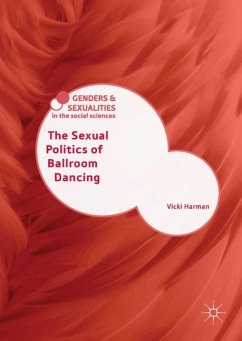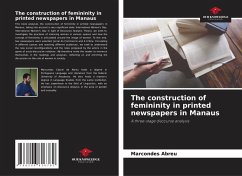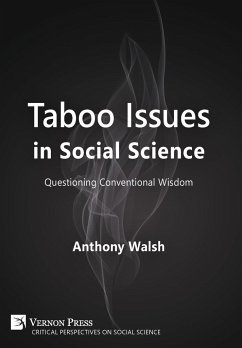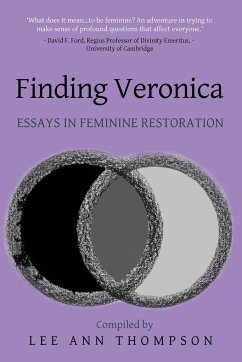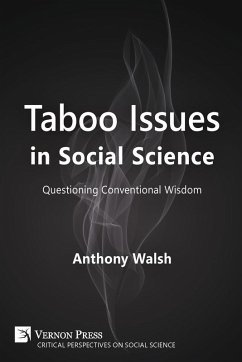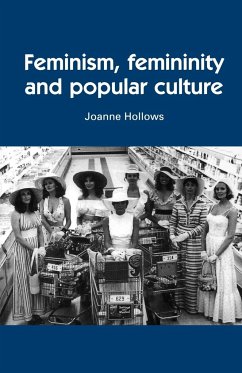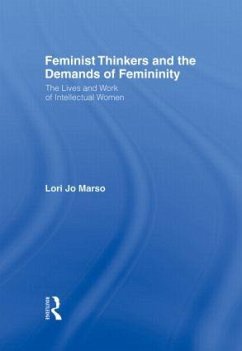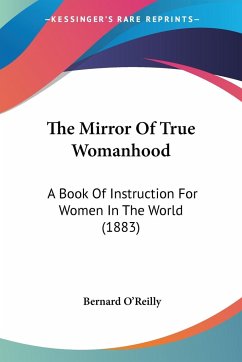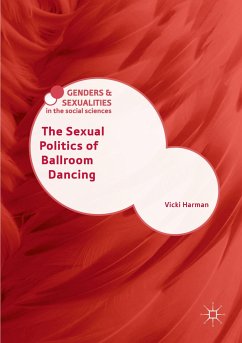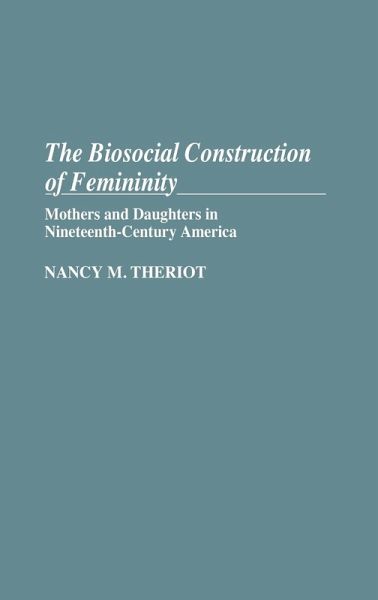
The Biosocial Construction of Femininity
Mothers and Daughters in Nineteenth-Century America
Versandkostenfrei!
Versandfertig in 1-2 Wochen
89,99 €
inkl. MwSt.

PAYBACK Punkte
45 °P sammeln!
How did 19th-century women determine what behaviors and attitudes constituted femininity, and how did one generation pass on to another those social attitudes and adaptations deemed proper and necessary for womankind? Theriot argues convincingly that women themselves were the agents in the formation of attitudes about gender. . . . This book would be difficult for readers not familiar with some aspects of women's studies, but is an important and perceptive examination of the effect of sexual ideology. Choice This study focuses on feminine ideology and middle-class women's reproductive experien...
How did 19th-century women determine what behaviors and attitudes constituted femininity, and how did one generation pass on to another those social attitudes and adaptations deemed proper and necessary for womankind? Theriot argues convincingly that women themselves were the agents in the formation of attitudes about gender. . . . This book would be difficult for readers not familiar with some aspects of women's studies, but is an important and perceptive examination of the effect of sexual ideology. Choice This study focuses on feminine ideology and middle-class women's reproductive experience in nineteenth-century America. Using nineteenth-century popular literature written by women, medical literature, and autobiographies, this fascinating work offers a theoretical framework for viewing gender as a historical process and women as agents in gender formation. It discusses the relationship between sexual ideology and women's material lives, and their role in the creation and evolution of femininity, explaining what the author perceives as the generational interconnection of body experience, sexual ideology, and feminine consciousness. By analyzing the link between the external and internal dimensions of women's world through the application of phenomenological and social psychological methodology to historical materials, Theriot suggests a framework for understanding the relationship of female body and feminine ideology and for viewing the mother/daughter dyad as central in women's personal and collective history.



